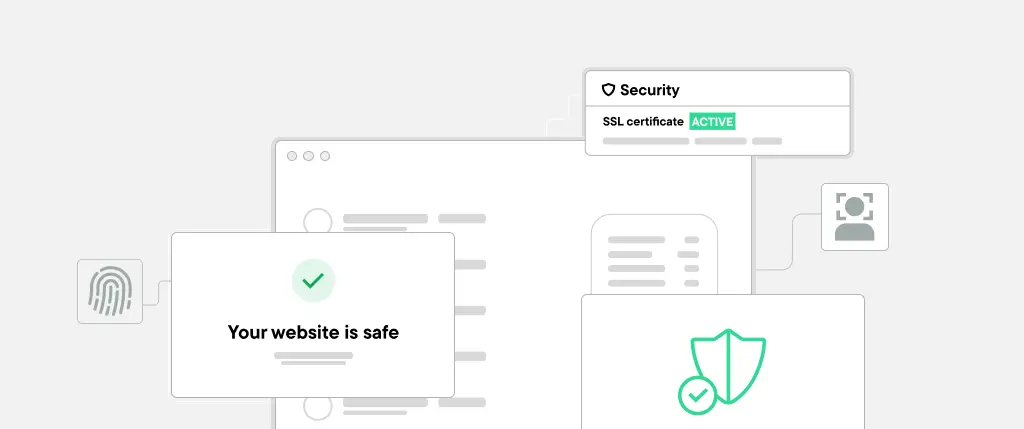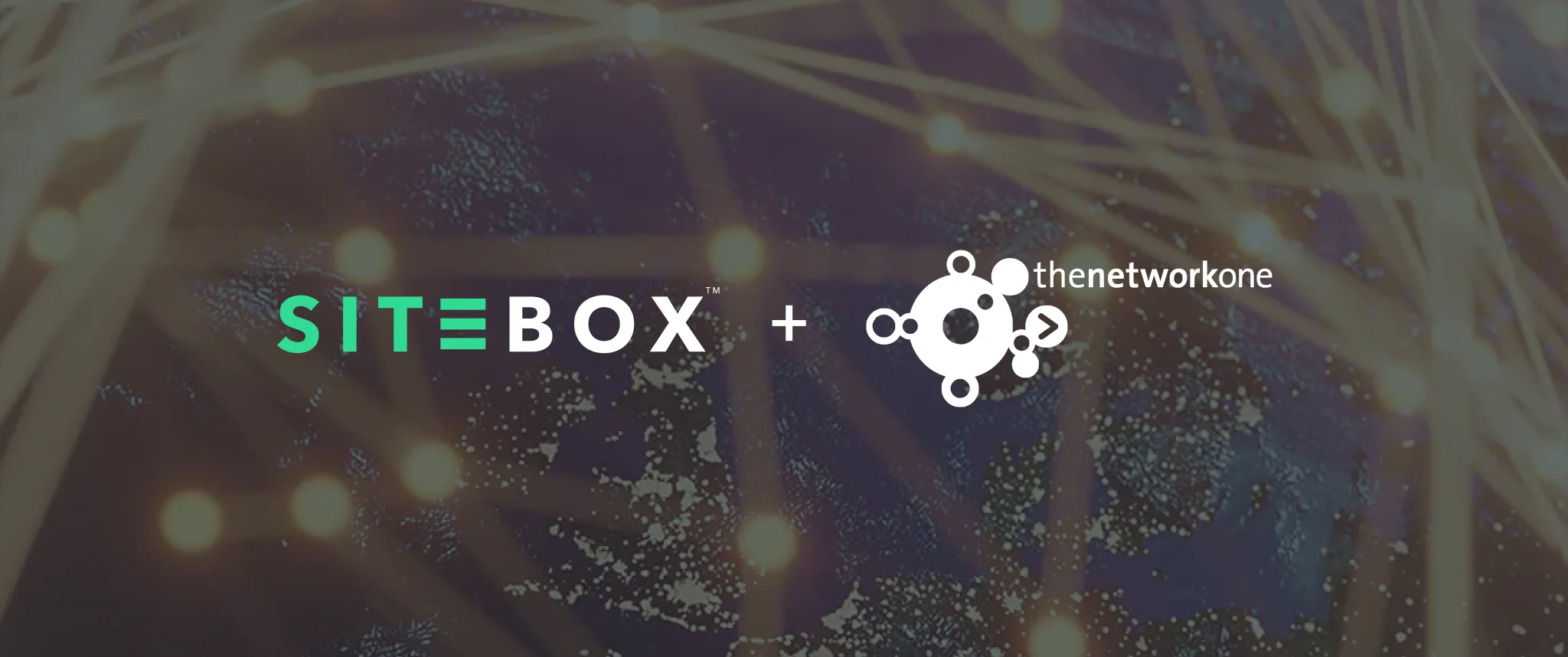For startups, having a reliable and scalable website is crucial to growth. Whether you’re launching a SaaS platform, an eCommerce store, or a content-driven blog, your website needs to handle traffic spikes without crashing—or costing a fortune.
The challenge? Many startups choose the cheapest hosting option, only to experience slow loading times, downtime, and expensive upgrades when they start growing.
The good news is that scalable, cost-effective web hosting solutions exist. In this guide, we’ll explore affordable hosting options, strategies for scaling, and best practices for optimizing costs—so your startup can grow without breaking the bank.
What is Web Hosting?
Web hosting is the service that stores your website’s files and makes them accessible online. Every website requires hosting, but not all hosting solutions are created equal.
Types of Web Hosting for Startups
Choosing the right hosting type is key to balancing cost and scalability:
| Hosting Type | Pros | Cons | Best For |
|---|---|---|---|
| Shared Hosting | Cheapest option | Limited resources, slower performance | Small websites, MVPs |
| VPS Hosting | More control, better performance | Requires technical knowledge | Scaling startups, moderate traffic |
| Dedicated Hosting | Full server control, high performance | Expensive, maintenance required | Large-scale businesses |
| Cloud Hosting | Auto-scaling, flexible pricing | Can be complex to manage | Startups with unpredictable traffic |
| Managed WordPress Hosting | Optimized for WordPress, high security | Higher cost than shared hosting | WordPress-powered startups |
Key Features Startups Should Consider
- Scalability – Can the hosting plan handle sudden traffic growth?
- Performance – Does the hosting provider offer fast load times and high uptime?
- Cost Efficiency – Does it offer value for money and growth-friendly pricing?
Scaling Your Website Without Breaking the Bank
1. Choosing the Right Hosting Plan for Growth
Start with a scalable plan that allows you to upgrade resources as your website grows. Cloud hosting and managed WordPress hosting are excellent choices for startups.
2. Cost-Effective Strategies for Scaling
- Use a Content Delivery Network (CDN) like Cloudflare to distribute traffic efficiently.
- Leverage caching plugins such as WP Rocket or W3 Total Cache to speed up page loads.
- Optimize databases using tools like WP-Optimize to reduce server load.
3. Preventing Downtime and High Costs
- Set up auto-scaling hosting to handle traffic spikes without overpaying.
- Monitor server performance using tools like New Relic or Google PageSpeed Insights.
Scaling Your Website Without Breaking the Bank
1. Choosing the Right Hosting Plan for Growth
Start with a scalable plan that allows you to upgrade resources as your website grows. Sitebox’s cloud hosting and managed WordPress hosting are excellent choices for startups.
2. Cost-Effective Strategies for Scaling
- Use a Content Delivery Network (CDN) to distribute traffic efficiently.
- Leverage caching plugins to speed up page loads.
- Optimize databases to reduce server load.
3. Preventing Downtime and High Costs
- Set up auto-scaling hosting to handle traffic spikes without overpaying.
- Monitor server performance using tools like Google PageSpeed Insights.
Why Sitebox is the Best Hosting Solution for Startups
1. Budget-Friendly Hosting Plans
Sitebox offers hosting solutions that balance cost and performance, ensuring that your startup can grow without unnecessary expenses.
2. Managed vs. Unmanaged Hosting
- Managed hosting takes care of updates, backups, and security—great for non-technical founders.
- Unmanaged hosting is more customizable but requires technical expertise.
3. When to Upgrade to a Better Hosting Plan
Signs you need to upgrade:
- Frequent downtime or slow loading speeds.
- Traffic surges causing server crashes.
- High resource usage alerts from your host.
Best Practices for Optimizing Startup Hosting Costs
1. How to Monitor and Reduce Hosting Expenses
- Track resource usage in your Sitebox hosting control panel.
- Use auto-scaling hosting to only pay for what you use.
- Opt for annual plans instead of monthly subscriptions to save money.
2. Leverage Free Tools to Improve Performance
- Free CDNs: Use Sitebox’s built-in CDN integration to improve load speeds.
- Image Compression Plugins: Optimize images for faster performance.
- Lazy Loading: Enable lazy loading for images to speed up page rendering.
3. How Auto-Scaling Solutions Can Help
Auto-scaling adjusts server resources dynamically based on traffic demands, ensuring:
- No unexpected downtime during high-traffic periods.
- Cost efficiency by avoiding unnecessary over-provisioning.
Conclusion
Choosing the right startup web hosting solution is crucial for balancing affordability and scalability. With Sitebox, you get cost-effective hosting plans, optimization techniques, and auto-scaling capabilities to handle growth without unnecessary costs.
Key Takeaways:
✅ Start with a scalable hosting plan (cloud or managed WordPress hosting).
✅ Use CDNs, caching, and database optimization to enhance performance.
✅ Monitor hosting costs and leverage free tools for efficiency.
Scaling a website doesn’t have to drain your startup’s budget. With the right Sitebox hosting strategy, your business can grow smoothly while keeping costs under control.



